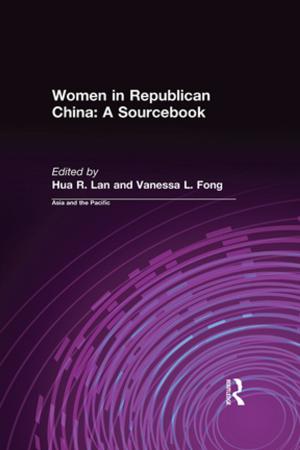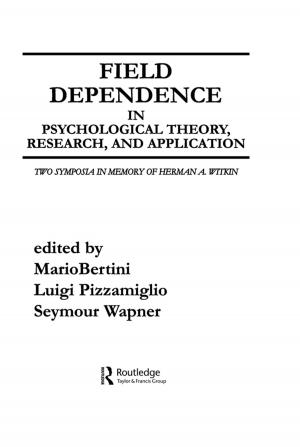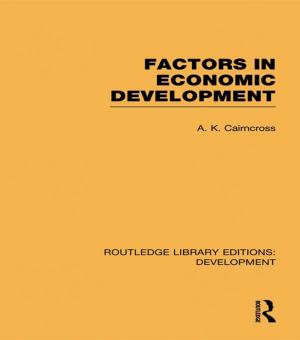Materialist Feminism and the Politics of Discourse (RLE Feminist Theory)
Nonfiction, Reference & Language, Reference, Social & Cultural Studies, Political Science| Author: | ISBN: | 9781136201363 | |
| Publisher: | Taylor and Francis | Publication: | November 27, 2012 |
| Imprint: | Routledge | Language: | English |
| Author: | |
| ISBN: | 9781136201363 |
| Publisher: | Taylor and Francis |
| Publication: | November 27, 2012 |
| Imprint: | Routledge |
| Language: | English |
Materialist Feminism and the Politics of Discourse confronts the impasses in materialist feminist work on rethinking ‘woman’ as a discursively constructed subject. The book looks at the problem of examining critically the social dimensions on which theories of discourse are premised: how such theories understand ‘materiality’; the relation between ‘women’s experience’ and feminist politics, and that between history and discourse. Rosemary Hennessy considers the work of Kristeva, Foucault, Laclau and Mouffe, and argues for a materialist feminist re-articulation of discourse as ideology. Concerns over identity and difference are incorporated into a rewriting of materialist feminism's analysis of women's oppression across capitalist and patriarchal structures. In adapting postmodernist theories in this way, Hennessy develops a project of social change, where feminism, while maintaining its specificity, is necessarily aligned with other emancipatory movements.
Materialist Feminism and the Politics of Discourse confronts the impasses in materialist feminist work on rethinking ‘woman’ as a discursively constructed subject. The book looks at the problem of examining critically the social dimensions on which theories of discourse are premised: how such theories understand ‘materiality’; the relation between ‘women’s experience’ and feminist politics, and that between history and discourse. Rosemary Hennessy considers the work of Kristeva, Foucault, Laclau and Mouffe, and argues for a materialist feminist re-articulation of discourse as ideology. Concerns over identity and difference are incorporated into a rewriting of materialist feminism's analysis of women's oppression across capitalist and patriarchal structures. In adapting postmodernist theories in this way, Hennessy develops a project of social change, where feminism, while maintaining its specificity, is necessarily aligned with other emancipatory movements.















